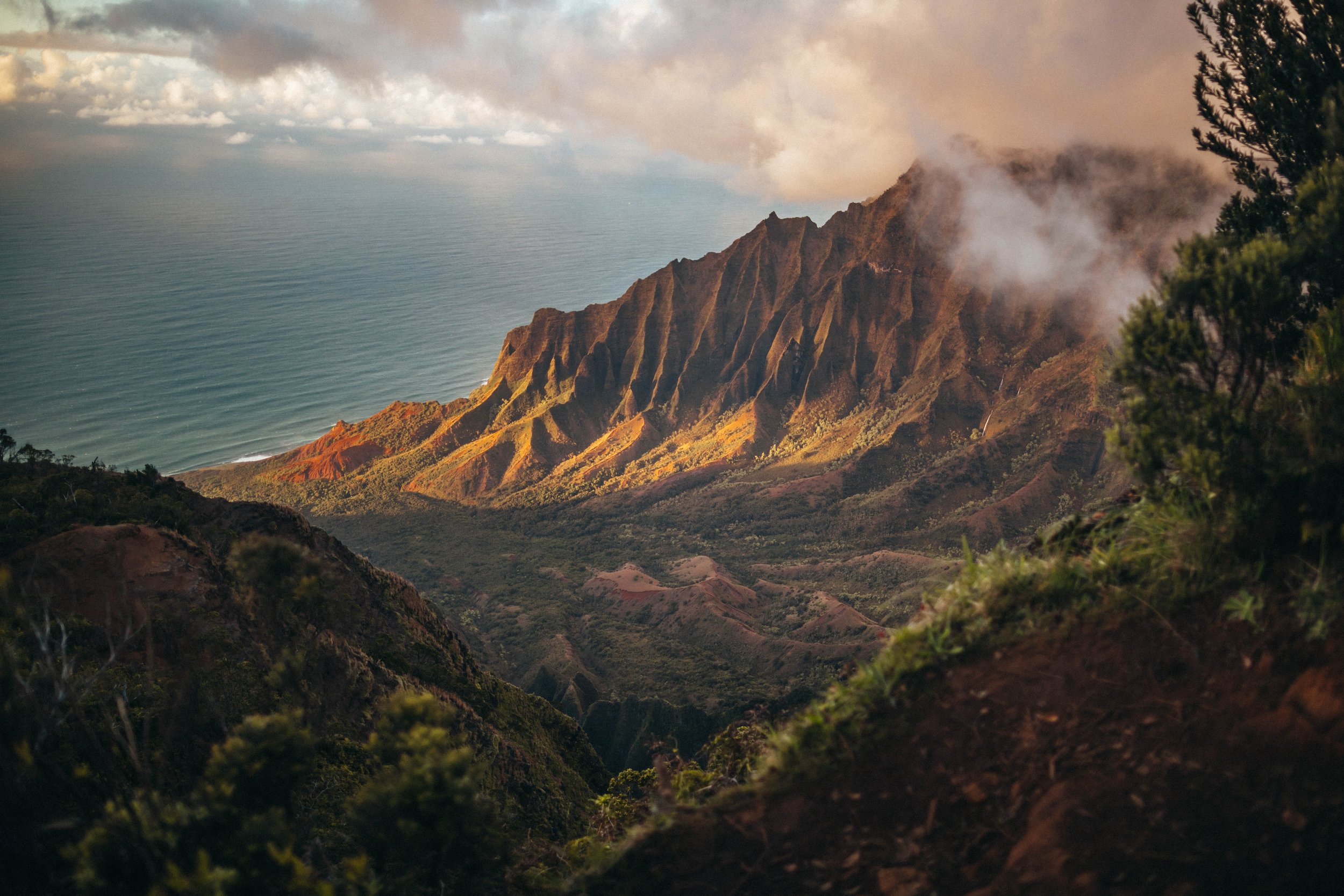
Overview
The Shanti Alliance provides resources and support for belonging within school communities to create a more peaceful society.
We recognize that there are significant cultural practices based in kuleana, pilina, and aloha ʻāina, that Hawaiʻi can uniquely contribute to being an equitable and inclusive home for all. It requires skill to create learning spaces that support those who are both similar to and different from ourselves. Building peace comes from having groups come together, both around commonalities and differences. As part of moving towards the goal of developing local capacity and expertise in DEI work, the Shanti Alliance brings educators together to learn about our uniqueness and share the gifts each possesses while building capacity around inclusive systems and structures.
DEIB Landscape in Hawaiʻi
Hawaiʻi’s racial and ethnic diversity has led it to be renowned as a bastion of harmonious social practices. As of 2022, Hawaiʻi did not have a racial majority: People who identify as Asian made up 37.1% of the population, those who identify as White made up 25.2%, those who identify as Two or More Races made up 24.7%, those who identify as native Hawaiian or other Pacific Islander comprised 10.2%, and those who identify as Black made up 2.2% of the population (US Census Quick Facts). There are a range of gender identities, sexual orientations, social classes, and historical experiences in Hawaiʻi; it is rare to find a gathering of people that does not include a wealth of ethnic identities and cultural practices. The Shanti Alliance acknowledges that which is distinct about Hawai'i, its colonial history, and changing reality, while engaging with the challenges and opportunities that emerge within a diverse population.
STEVENS WORLD PEACE FOUNDATION
The Stephen E. and Isabella H. Stevens World Peace Foundation was created to help promote peace through education, awareness, and advocacy, beginning with Hawaii’s youth.
Dr. Stevens’ personal mission was to make sure that Hawai’i’s high school and intermediate students will become true global citizens with an awareness of world issues, the ability to address these issues in a peaceful manner, and have the same commitment to education that his family did. He wanted to build the right educational foundation in Hawaiʻi’s youth so they could carry these acquired values and positive experiences out into the world.
